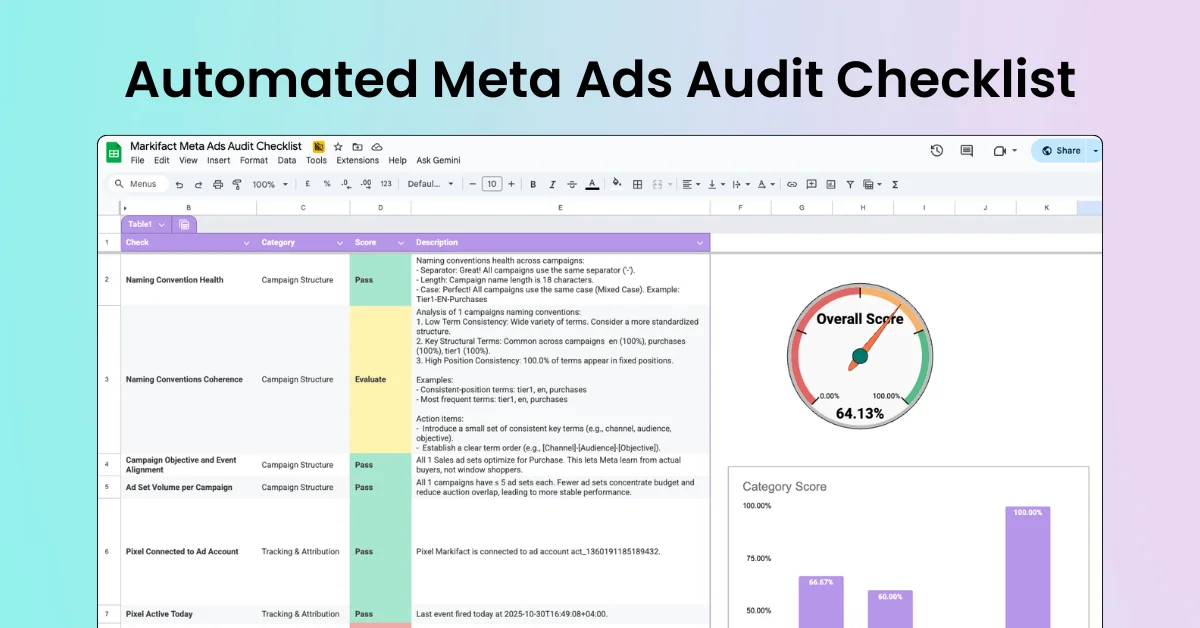The European Commission has found that Meta's "pay or consent" model for Facebook and Instagram users violates the Digital Markets Act (DMA). This model, introduced last fall, forces users to either agree to surveillance ads or pay up to €13 per month for ad-free access. The Commission's preliminary findings suggest this approach does not offer a fair alternative for users who do not consent to data tracking, breaching Article 5(2) of the DMA, which requires gatekeepers to seek user consent for combining personal data across services.
Key Findings
- Violation of DMA: Meta's binary choice model does not comply with the DMA, which aims to ensure a competitive playing field by requiring gatekeepers to obtain user consent for ad tracking.
- Potential Penalties: Breaches of the DMA can result in fines up to 10% of global annual turnover, or 20% for repeat offenses.
- Privacy Concerns: Meta's model is seen as privacy-hostile, demanding users agree to surveillance ads as the price for accessing social networking services.
- Formal Investigation: The EU opened a formal DMA investigation into Meta's practices on March 25, following criticism from privacy and consumer protection groups.
- Preliminary Findings: The Commission's preliminary view is that Meta's paid subscription is not a valid equivalent to free access, as required by the DMA. Users who refuse tracking should still have access to an equivalent service that uses less personal data.
Commission's Stance
- Free Access Requirement: As long as Meta's services are free, equivalent versions for users who do not consent to tracking must also be free.
- Alternative Options: Meta could offer contextual advertising, which does not rely on personal data, as a free alternative to personalized ads.
- Subscription Option: While a subscription option can be offered, it must be an additional choice, not the only alternative to consent.
Meta's Response
Meta defended its approach by citing an earlier EU court judgment, stating that a subscription for no ads complies with the DMA. However, the Commission noted that the judgment allows for a fee only "if necessary," and Meta has not justified why a fee is necessary.
Next Steps
- Investigation Timeline: The EU aims to complete the probe within 12 months, by or before March 2025.
- Meta's Opportunity to Respond: Meta will have a chance to formally respond to the preliminary findings.
- Consumer Advocacy: BEUC, the European consumer organization, welcomed the findings and urged speedy enforcement.
The European Commission's preliminary findings indicate that Meta's "pay or consent" model violates the DMA, failing to provide a fair and free alternative for users who do not consent to data tracking. The investigation continues, with Meta given a chance to respond, but the Commission aims to enforce compliance by March 2025.












